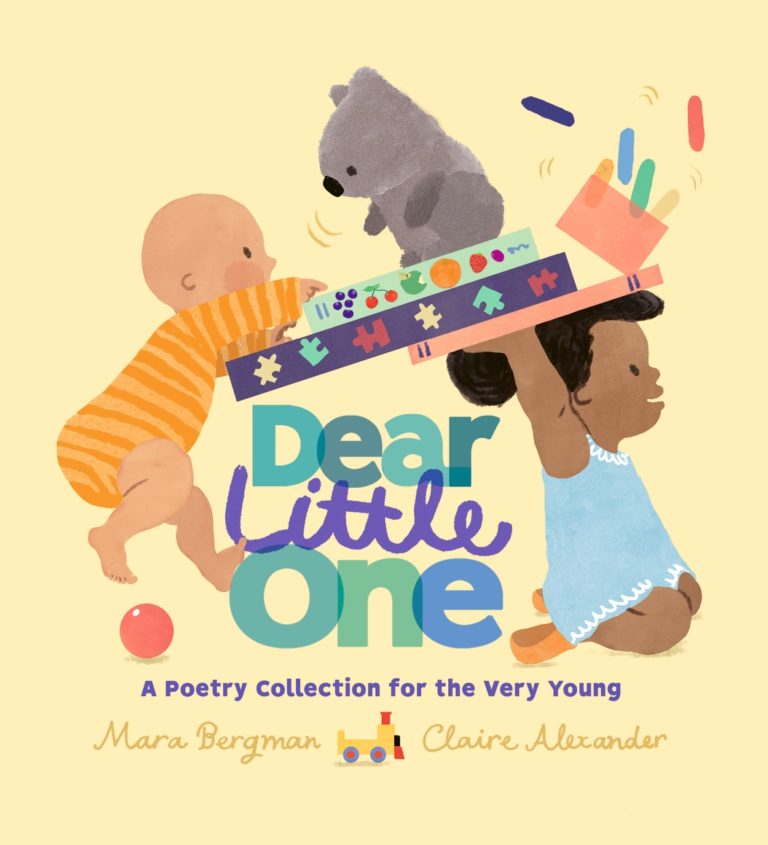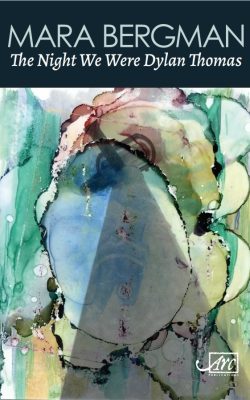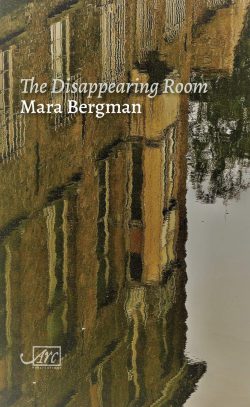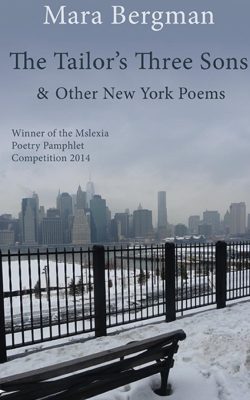Poetry
WHAT BECAME OF JUDY AT CHASE
who always took the time to help my mother
balance her cheque book when it needed to be balanced, and
Dr Rothman at OCLI Vision on Hempstead Turnpike, who saw her
every few months and saved her eyesight? What of
Mindy at Jupitor’s, who coloured and cut my mother’s hair
in the strip mall next to the library and where on Saturdays they served
bagels with cream cheese and coffee from a large silver urn? I think about
the three men who spoke Spanish as they cut my mother’s lawn, replanted
the arborvitaes when they turned brown, and
the man who did repairs around the house – a leaky tap, a window
that jammed – and the other one who once a year checked the alarm
to ensure it was working, cleaned out the thin webs of spiders that
could set it off in an instant, have the police at the door. And there was
Michael, who, rain or shine, pumped her gas and washed
her windscreen, kept her car safe beyond the years she shouldn’t
have been driving. There must have been someone
at CVS who noticed how frail she was growing, who helped her
with her points card, bagged her shopping, escorted her to the car, and
someone at Iavaronne, her favourite place of all, where they sang in Italian
behind the counters while she bought gourmet meals-for-one. Of course
there were the mah-jongg ladies she could talk to about anything
the way she could her friends at the beach club who played canasta on the sand
outside their cabanas. But no one compares to Artie and Annette next door
who took her out on Mother’s Day with their mothers, then moved
to Virginia to be near their daughter. I wonder about the couple who bought
my mother’s house, how they never met her, how they’re living her life.
Winner of the 2023 Plough Poetry Prize
"The poet builds up a moving picture of the mother’s life through the people who came in contact with her and helped her in some way. Much of the beauty of this poem comes from the details, not of her life but theirs. Its structure heightens the feeling of an unending series of links, with the second half of the second line of the couplet often leading the reader on.
The effect is almost hypnotic…"
– Imtiaz Dharkar
FEAR
After Dorianne Laux
It was fear from the start – of sinking in quicksand
though Jones Beach was devoid of quicksand.
Fear of alligators and crocodiles; fear of sharks.
Fear of the teenager I crashed my bicycle into
on the pavement, fearing she was the new babysitter.
Fear of sleep when it was still light, my parents outside
gardening, and fear of being alone at night, the darkness
under my bed, in my closet, the darkness on the stairs. Fear
of horses, horseshoe crabs, jellyfish. Of hurricanes, tidal waves,
volcanoes. Fear of nuclear war, crouching against the corridor wall
at school and fear of outer space and loss of gravity, loss
of breath. Of vastness and distance. Fear of one knee dislocating, then
the other, and of falling while crossing a road. Of being crushed
in Central Park after a concert, my friends holding hands and running,
then fear of missing the bus to Penn Station, missing the train
and never getting home. Fear of driving. Fear of not knowing
how to kiss or when to let the kissing go further, and how far.
Of being trapped: the cave with a space so small we had to
take off our helmets to squeeze through. Fear of never getting out.
Of winter and the quiet. Of snow, and cold. Of mountains
covered in snow, the cow-path down to the town from my dorm
screeching with music, long-haired boys smoking joints; of classes
and the fear of not being good enough, or worthy, of not being
in the right place at the right time. Fear of arriving late,
missing a plane, of forgetting my passport. Fear
of jumping in water, doing a backflip, staying submerged.
Of swimming pools: the one at Lori’s house, the Olympic pool
at Nassau Beach, the one at camp that at night
froze under the stars. And the lake, so cold – fear of swimming
out to a raft not knowing what lurked below and the fear of being left there
surrounded only by mountains. Of freezing. Of fish nibbling toes. Eels,
something bigger. Of being alone. Swimming as darkness fell,
light fading and not being able to see, then not seeing anything,
the fear of going blind. The cold and wet. Feeling lost. Fear of the last day
of summer as one by one the cabanas shut, the snack bar, the metal chair
piled with rescued bathing caps and goggles. Forgotten towels.
Everything closing down, packing up. Finishing. I feared the finishing.
The goodbyes. Any ending. The quiet that followed.
Highly commended in the 2023 Bridport Poetry Competition




